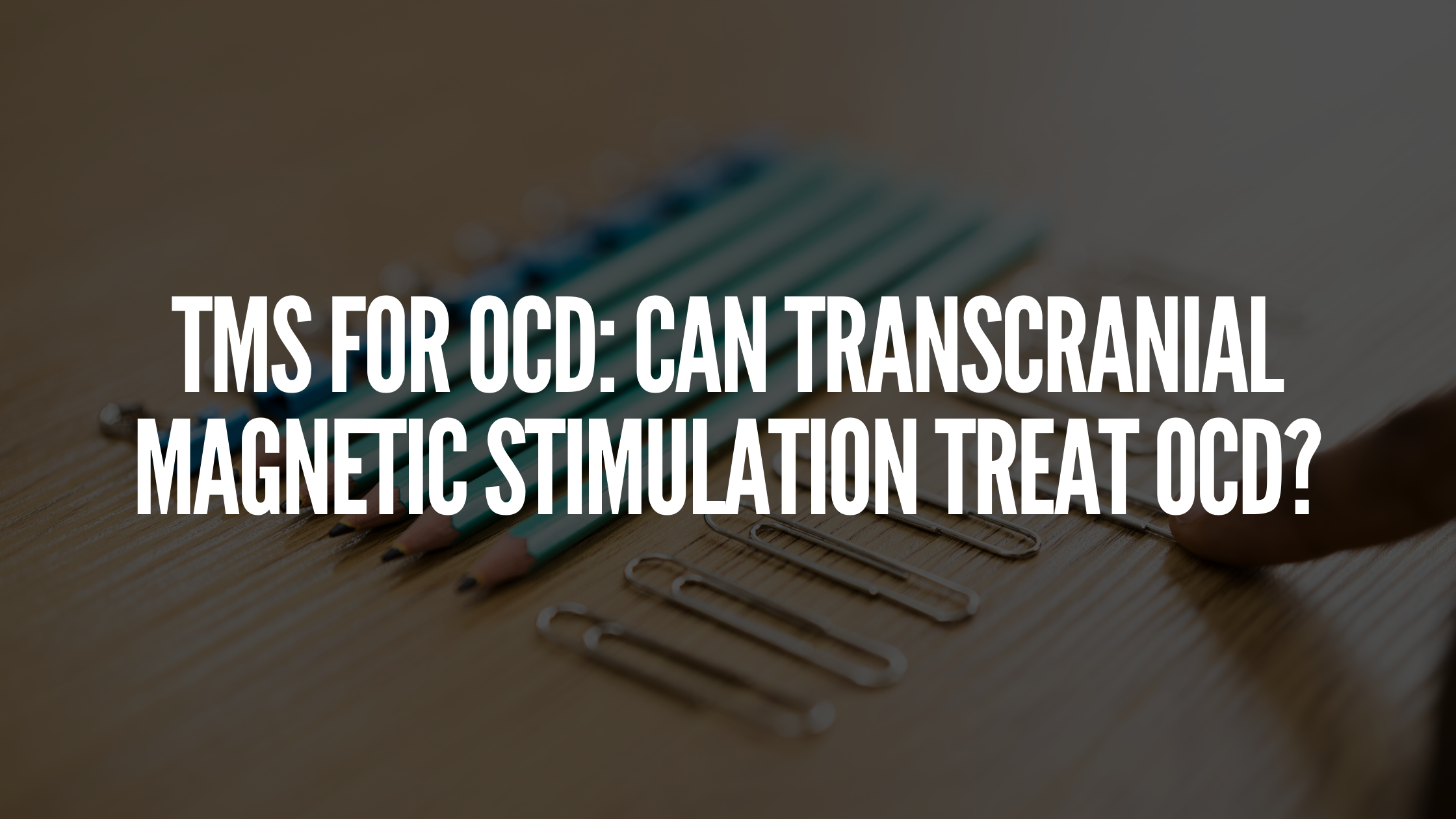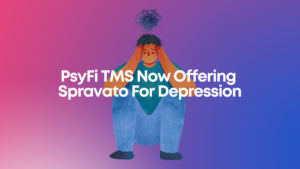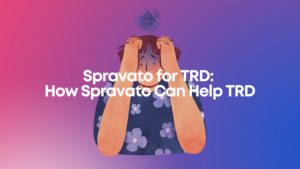TMS for OCD: Can Transcranial Magnetic Stimulation treat OCD?
In Minnesota, Transcranial Magnetic Stimulation is used to treat Obsessive-Compulsive Disorder (OCD). TMS for OCD is a relatively new treatment that appears to be effective. Obsessive Compulsive Disorder (OCD) is an anxiety disorder characterized by uncontrollable thoughts and behaviors that are performed over and over.
What treatments help patients with OCD?
Typically, people with OCD are treated with prescription antidepressants. Medication may help in the treatment of OCD, but there are other therapies that are just as effective. Cognitive behavior therapy (CBT) is another form of therapy that can be quite beneficial in treating OCD. However, there are OCD patients who are resistant to such treatment modalities. This is where TMS comes into play.
What is TMS?
TMS is a non-invasive magnetic brain stimulation technique. TMS uses magnetic fields to stimulate nerve cells in the brain. This type of stimulation has been found to be helpful in treating various psychiatric disorders, including OCD.
What are the benefits of TMS?
TMS is a well tolerated OCD treatment modality with very few side effects. TMS is also a convenient treatment, as it can be performed in an outpatient setting. In addition, TMS has been found to be an effective treatment for OCD patients who have not responded well to other forms of treatment, such as medication or CBT.
Are there any risks involved with TMS?
TMS is a safe and well-tolerated treatment. The most common side effect of TMS is headache, which typically goes away after the first few treatments. There are no known long-term risks associated with TMS.
There is a very low risk of seizing during the trreatment. The most frequent adverse effects include:
- Headaches
- Scalp irritation or scalp pain
- Facial muscle twitching
- Low risk of seizure
Is the TMS treatment provided to OCD patients the same as that provided to those with depression?
The TMS treatment for OCD is similar to the treatment for depression. However, there are some key differences. The main difference is that the TMS coil is placed over a different area of the brain in patients with OCD. The coil is placed over the right prefrontal cortex in OCD patients, while it is placed over the left prefrontal cortex in patients with depression. This difference is due to the fact that the underlying causes of OCD and depression are thought to be different.
How many sessions of TMS for OCD are needed?
According to Brainsway, “Deep TMS treatment for depression normally includes a four-week long acute phase with five sessions a week, and an eight to 12-week continuation phase, with two sessions each week. In clinical practice, courses of treatment are typically between 30 and 36 sessions.
Deep TMS treatment for OCD is somewhat different, with a six-week acute phase that includes five sessions a week. Patients undergoing Deep TMS treatment for OCD will also be presented with a script, images, or activity tailor-made to trigger their specific obsessions and compulsions, in an effort to activate the relevant brain structures.”
Most patients with OCD will see a significant reduction in their symptoms after just a few weeks of treatment.
Why is PsyFi TMS the best place for TMS treatment?
PsyFi TMS is the best place for TMS treatment because we offer a highly personalized approach to each and every one of our patients. We understand that no two patients are alike, and we tailor our treatments accordingly. In addition, we offer a wide range of other services that can be beneficial for our patients, such as holistic therapies and counseling.
PsyFi TMS also has a team of highly trained and experienced professionals who are dedicated to providing the best possible care for our patients. We offer a comprehensive approach to care, which means that we will work with you to develop a treatment plan that is specifically tailored to your needs.
If you or someone you know is struggling with OCD, please don’t hesitate to reach out to us. We are here to help!
Please contact us at info@psyfitms.com or learn more at www.psyfitms.com to learn more about our TMS treatment services.




Greetings! Very useful advice within this article! It’s the little changes that will make the greatest changes. Thanks for sharing!